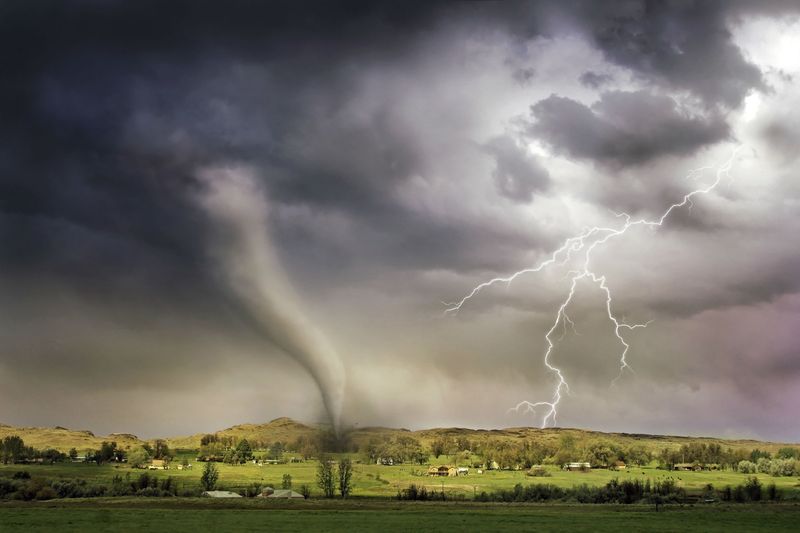Table of Contents
Deepening Crisis in Ethiopia’s Amhara Region
Introduction
Ethiopia‘s Amhara region has been grappling with a deepening crisis, marked by violent unrest, armed conflict, and widespread abuses. In recent weeks, the conflict has escalated, leading to an increase in civilian casualties. This situation raises concerns about the protection of human rights, the rule of law, and the government’s response to the crisis. Despite the gravity of the situation, both regional and international partners have largely remained silent, failing to exert the necessary pressure to protect civilians and uphold basic rights.
The Background
Since April, clashes between the Ethiopian military and militias known as Fano have been reported in various towns across the Amhara region. The conflict was sparked by the government’s announcement of plans to dismantle and integrate all regional special forces. Additionally, the Amhara region has been dealing with the fallout of a two-year armed conflict in northern Ethiopia, which has resulted in an influx of ethnic Amhara fleeing violence and targeted attacks in the neighboring Oromia region.
Increased Repression and State of Emergency
In response to the escalating violence, the Ethiopian federal government has employed increased repression measures. In early April, mobile internet access was blocked, and at least eight journalists reporting on the unrest were arrested. On August 4, the federal cabinet declared a six-month state of emergency, placing the Amhara region under a military command post accountable to the prime minister.
Prior experiences with states of emergency during Prime Minister Abiy Ahmed’s administration have resulted in mass arrests, arbitrary detentions, politically motivated charges, and restrictions on movement and communication. The current emergency declaration, albeit requiring approval from parliament, grants the government extensive powers, including the ability to arrest suspects without a court order, impose curfews, ban public gatherings, and carry out searches without a warrant. Furthermore, the declaration’s text suggests it could be extended to any area of the country as deemed necessary.
Already, opposition figures and critics of the ruling party and the government’s actions in the Amhara region, such as Christian Tadele, a member of parliament, have been arrested by federal police in Addis Ababa.
Lack of Action from Regional and International Partners
Despite the alarming escalation of violence and repression, Ethiopia‘s regional and international partners have largely remained silent. This silence is concerning, as it could imply a lack of scrutiny and pressure on the Ethiopian government. After years of ongoing rights crises in different parts of the country, it is vital that concerned governments continue to hold Ethiopia accountable for its actions and advocate for the protection of civilians, the respect for basic rights, and the rule of law.
Conclusion
The deepening crisis in Ethiopia‘s Amhara region demands immediate attention and action. The escalating violence and repression, coupled with the lack of response from regional and international partners, pose significant threats to the protection of human rights and the stability of the region. It is crucial that concerned governments forcefully urge the Ethiopian government to protect civilians in conflict-affected areas, respect basic rights, and uphold the rule of law. Continued scrutiny, pressure, and engagement are necessary to address the crisis and prevent further escalation of violence and abuses.

<< photo by Ralph W. lambrecht >>
The image is for illustrative purposes only and does not depict the actual situation.
You might want to read !
- Iraq’s Media Ban on “Homosexuality” and “Gender” Must Be Reversed Immediately
- The Ongoing Struggles: The Plight of People with Disabilities in Spain Heats up Once Again
- “Calling for Change: Reforming Lebanon’s Insult and Defamation Laws”
- Why the IMF Should Play a Role in Expanding Nepal’s Child Grant Program
- Russia’s Suppression of Dissent: TV Rain Banned for Critical Reporting
- Istanbul Police Under Fire: Allegations of Mistreatment and Brutality Against Peaceful Protesters
- The Persecution Continues: Aleksei Navalny Sentenced to 10+ Years in Penal Colony
- The Crackdown Continues: Alexey Navalny Receives Harsh Sentence in Russia
- Senegal’s Escalating Restrictions on Personal Liberties
- South Sudan Joins Global Efforts in Banning Cluster Munitions
- Venezuela’s Aid Agreement: An Imperative Leap Forward
- Brazil: A Call for an End to Deadly Police Operations and Swift Investigations
- Addressing the Crisis in Niger: Ending Illegal Administrative Detentions and Arbitrary Arrests
- Democracy Under Threat: Assessing Rights in Post-Coup Niger
- Azerbaijan’s Crackdown on Opposition: Latest Arrest Sends Shockwaves through Political Landscape
- The Urgent Plea: Southern European Presidents Unite to Phase Out Fossil Fuels
- “The United States Takes Charge: Leading the Security Council Through Perilous Times”
- “The Power of Indigenous Activism: Raoni’s Call for Change in the Present”